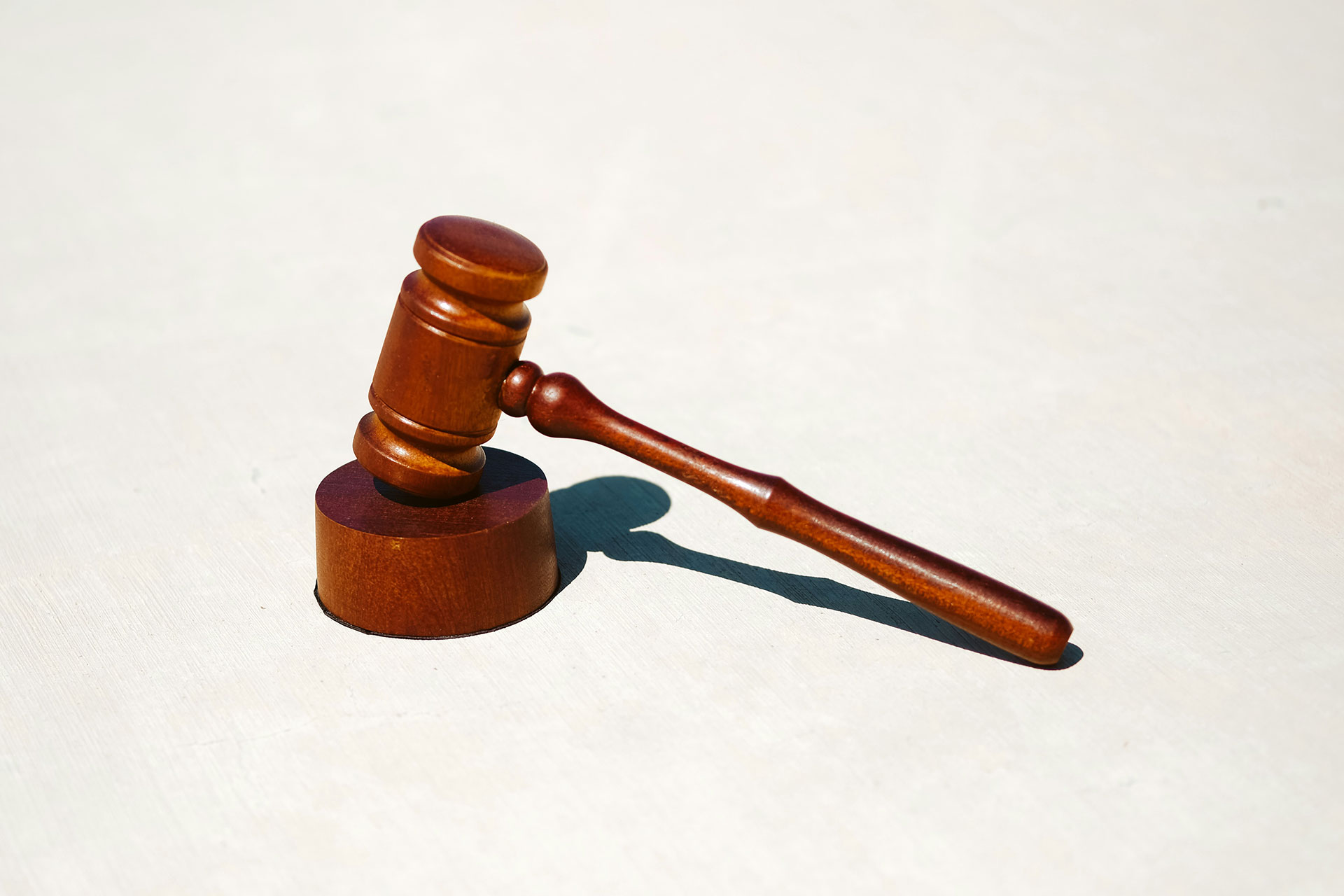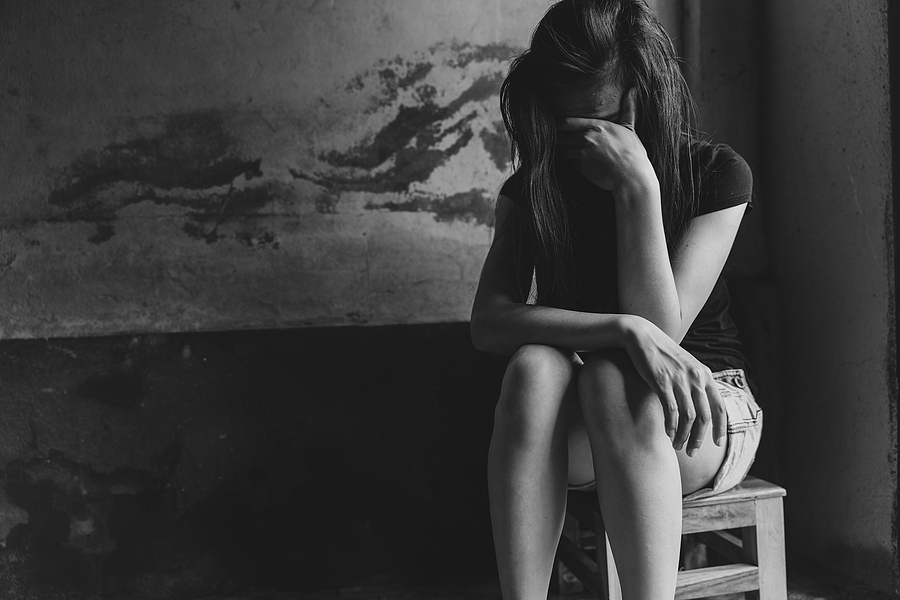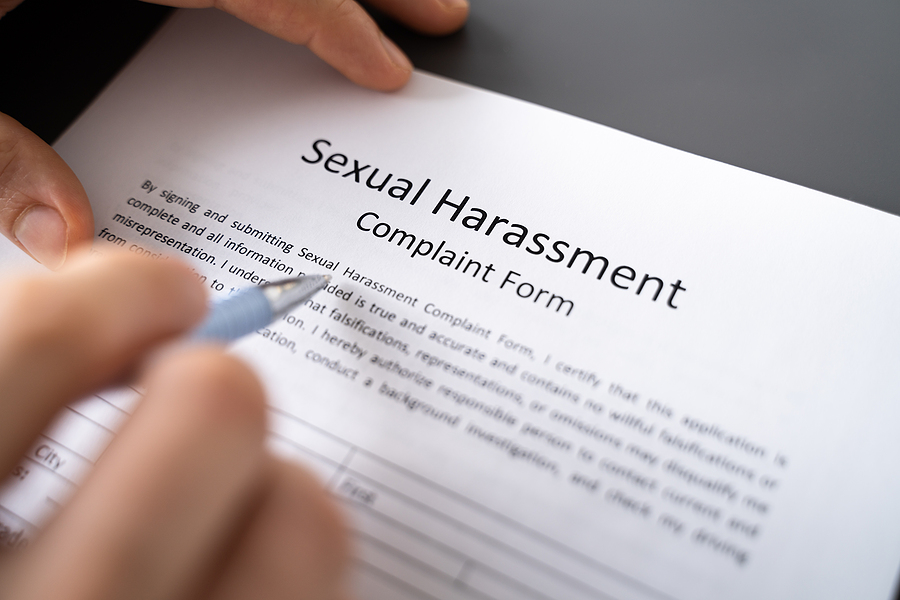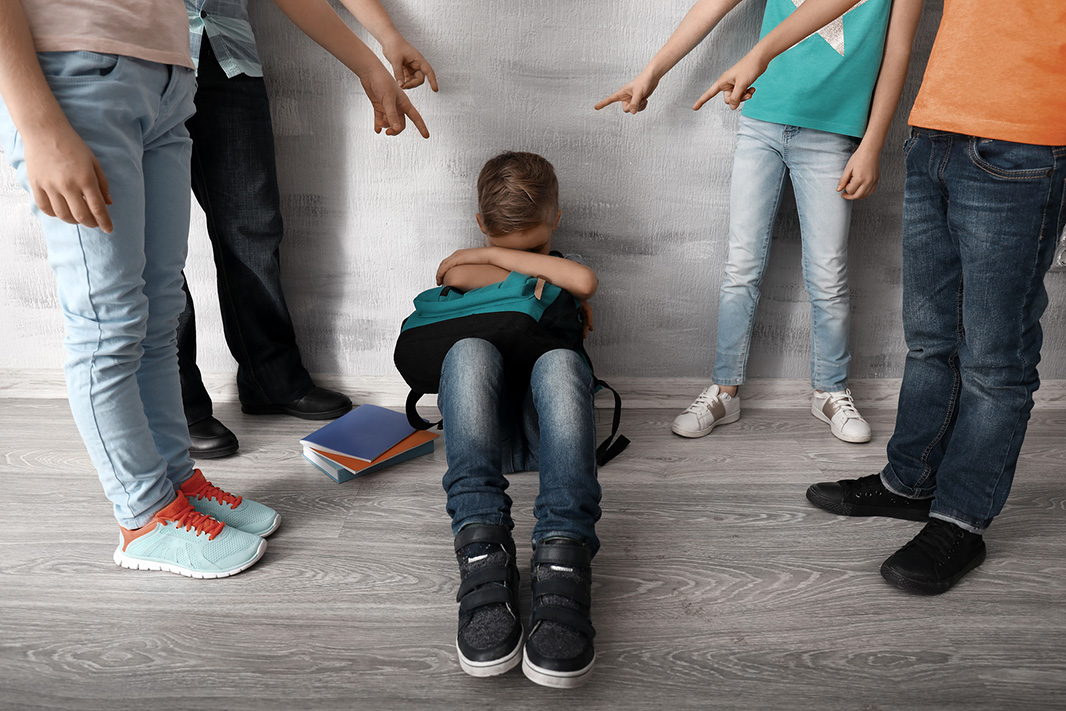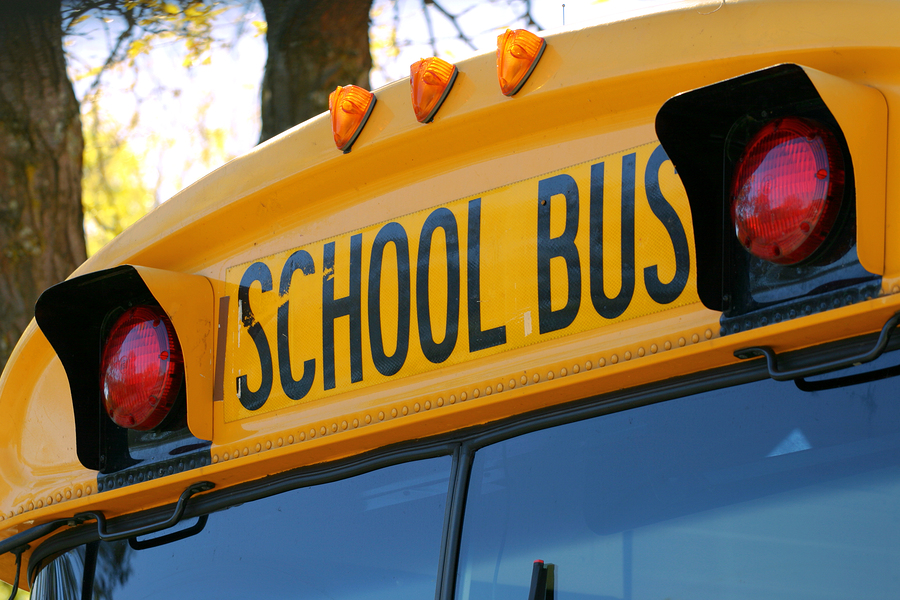Revival of School Past Childhood Sexual Abuse Cases and Statute of Limitations
In the field of education administration and student supervision, the current professional standard of care related to prevention, detection, investigation, and remediation of child sexual abuse and harassment is the result of a cumulative progression of events and cultural changes over several decades. This includes standards for maintaining appropriate policies,...



